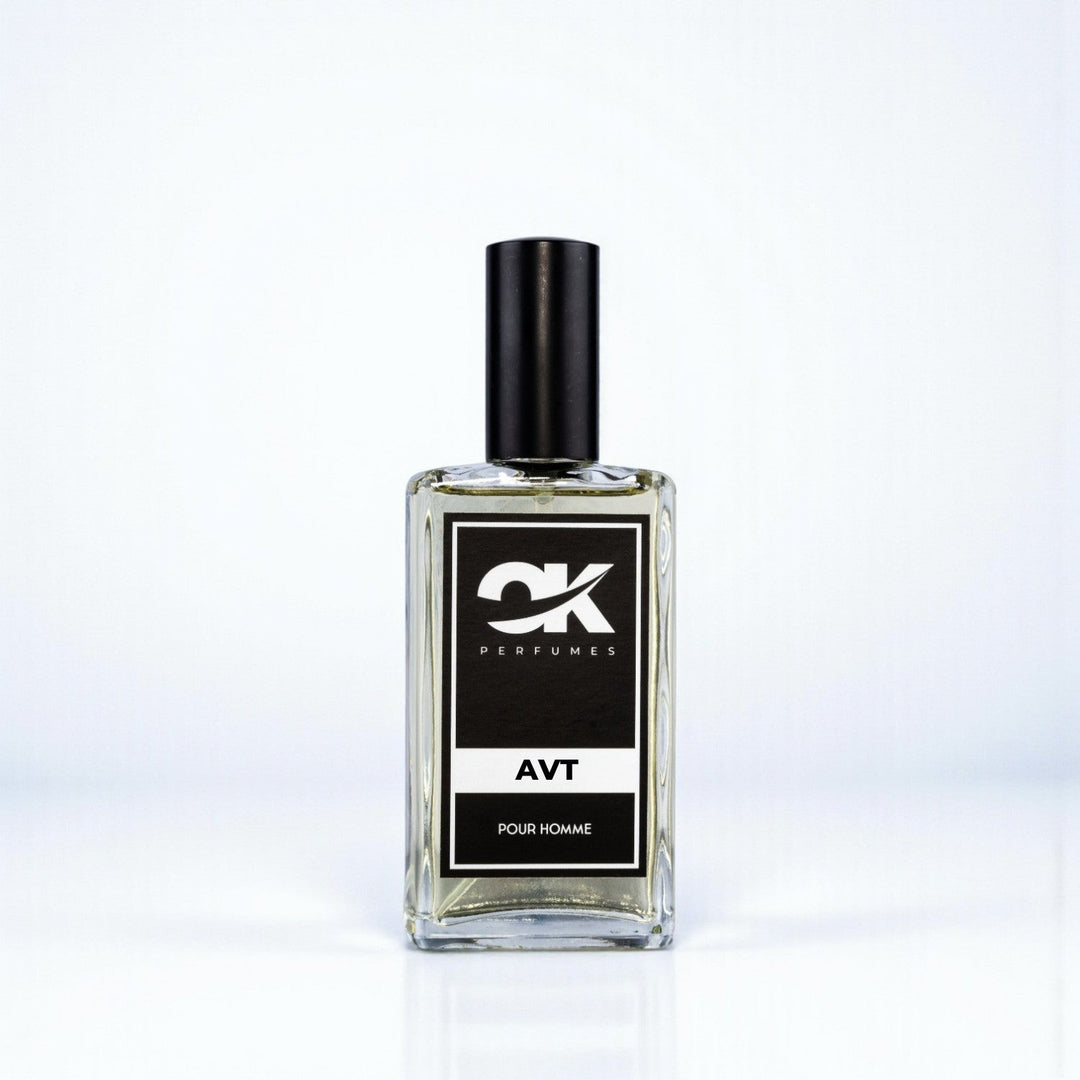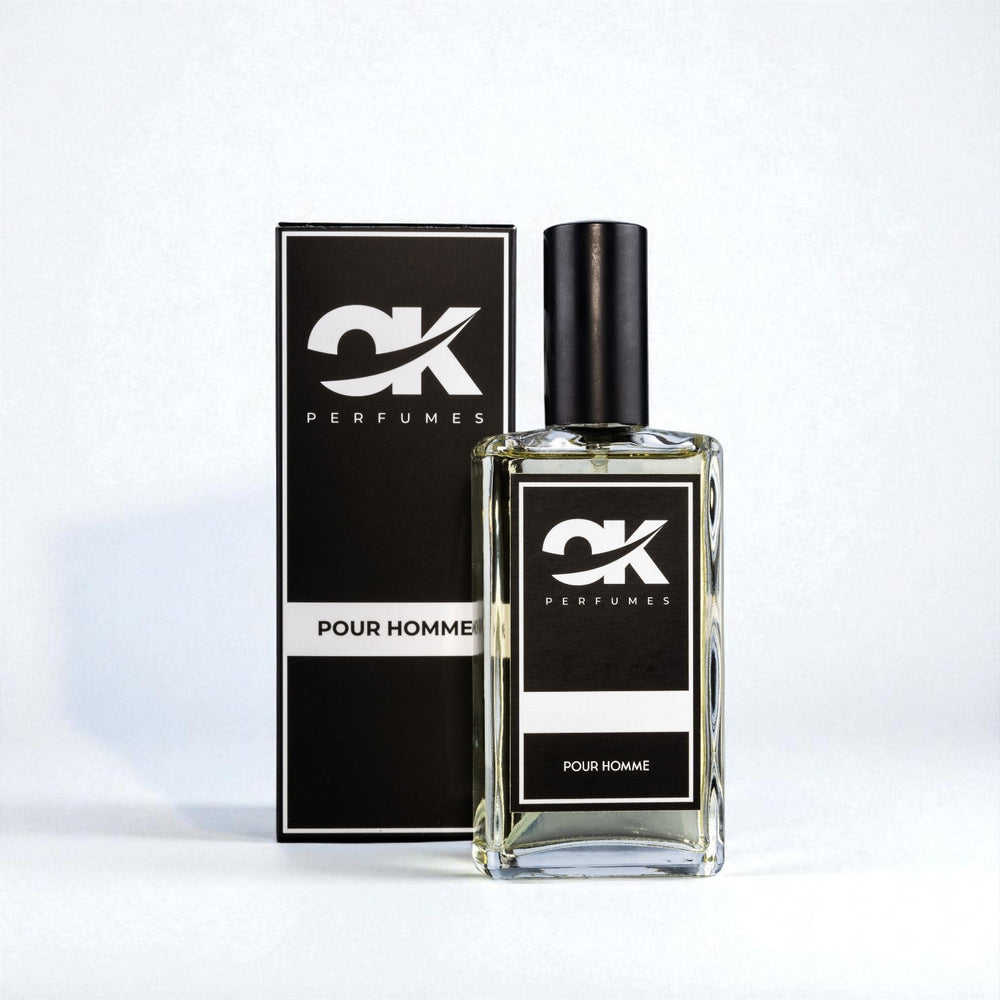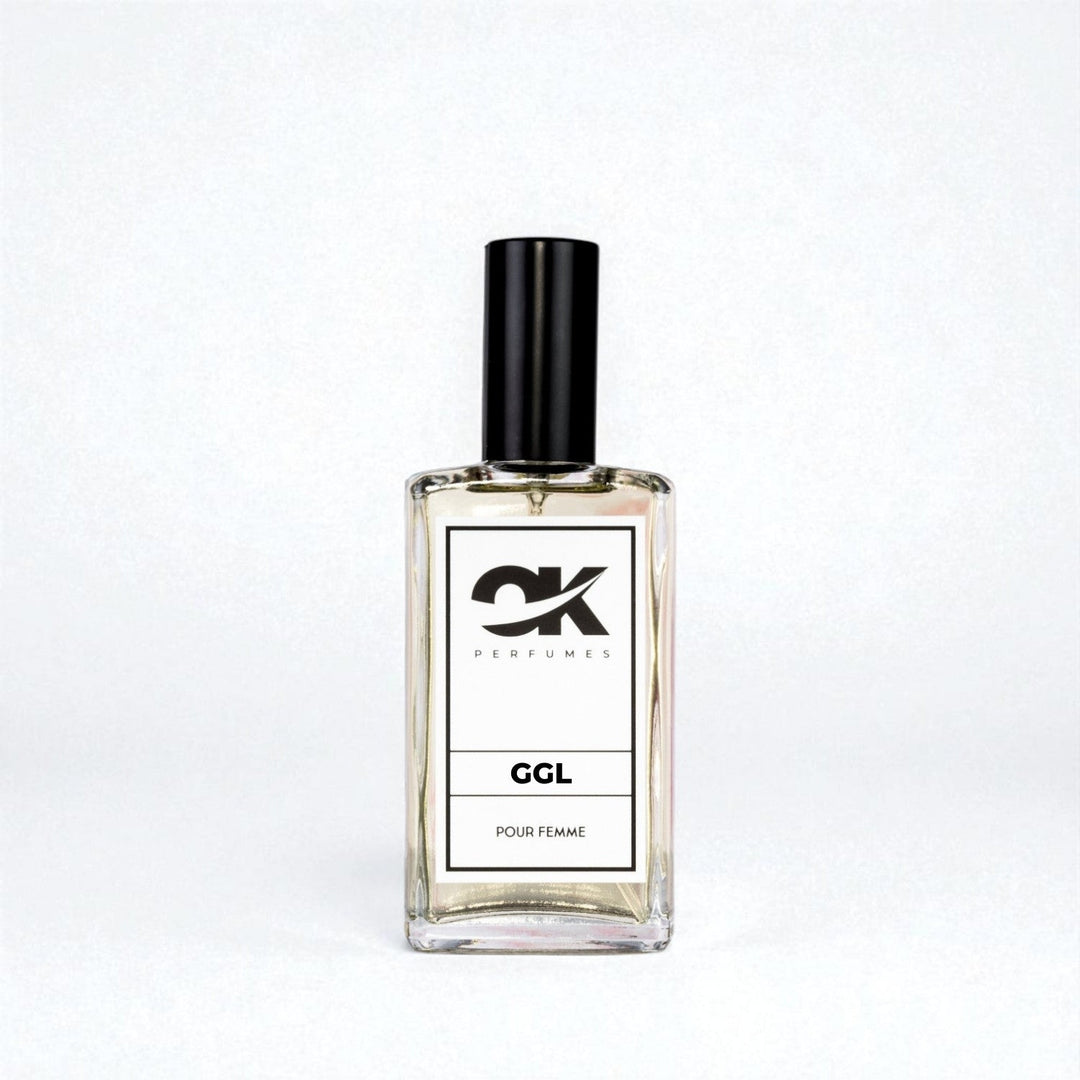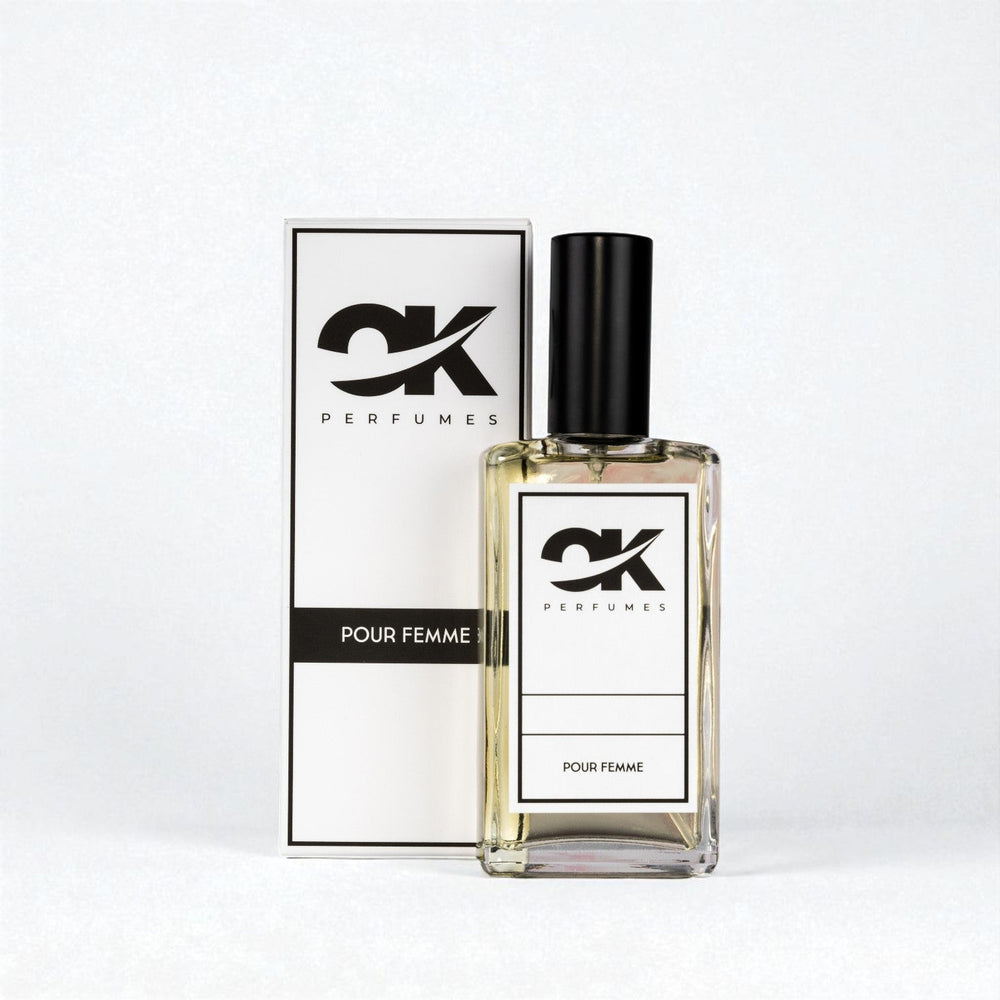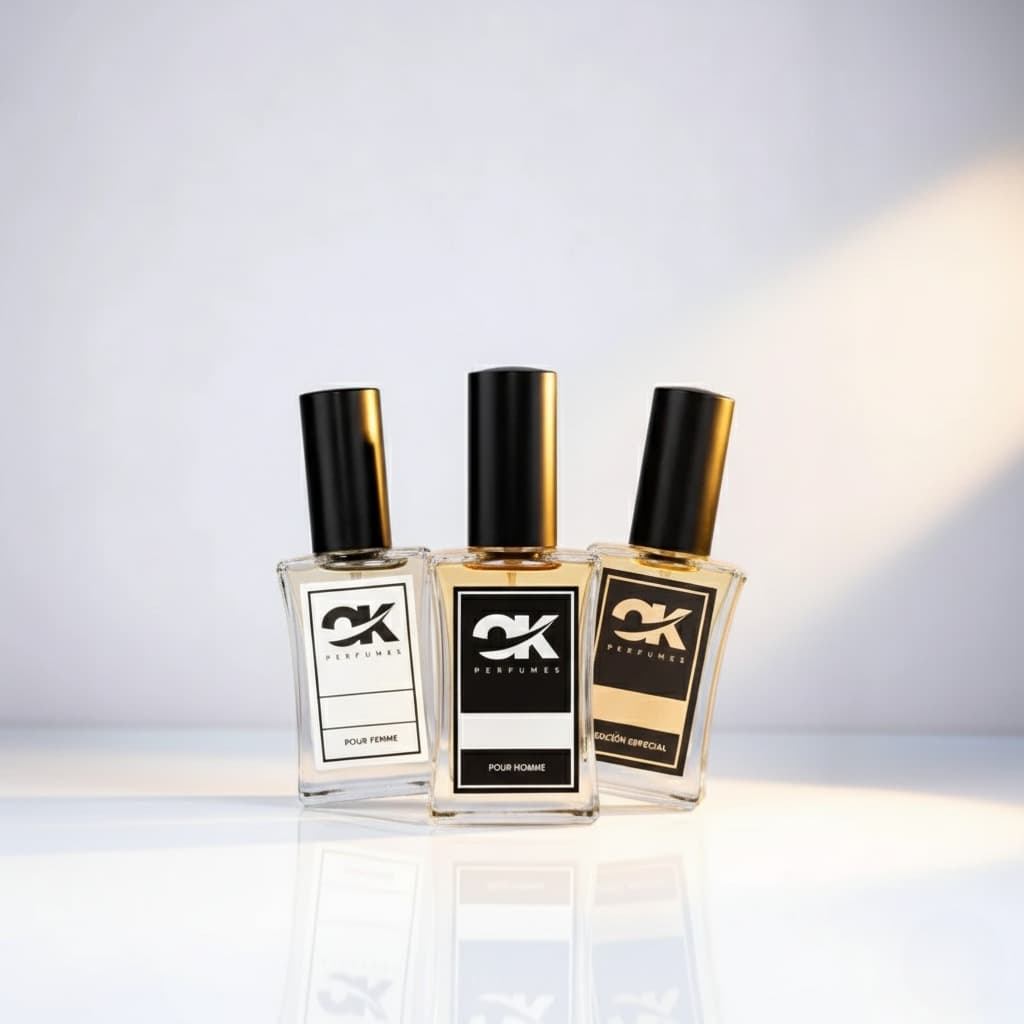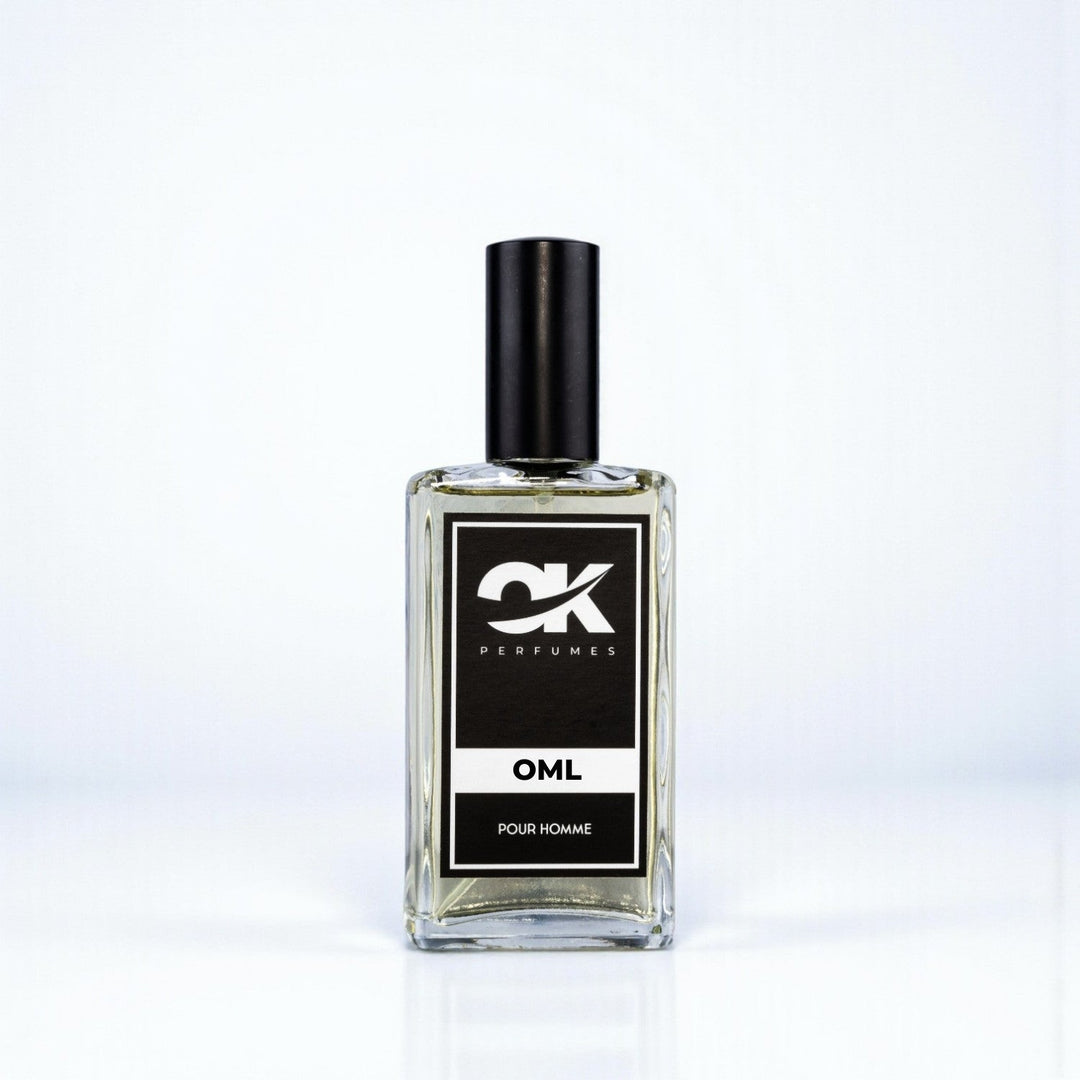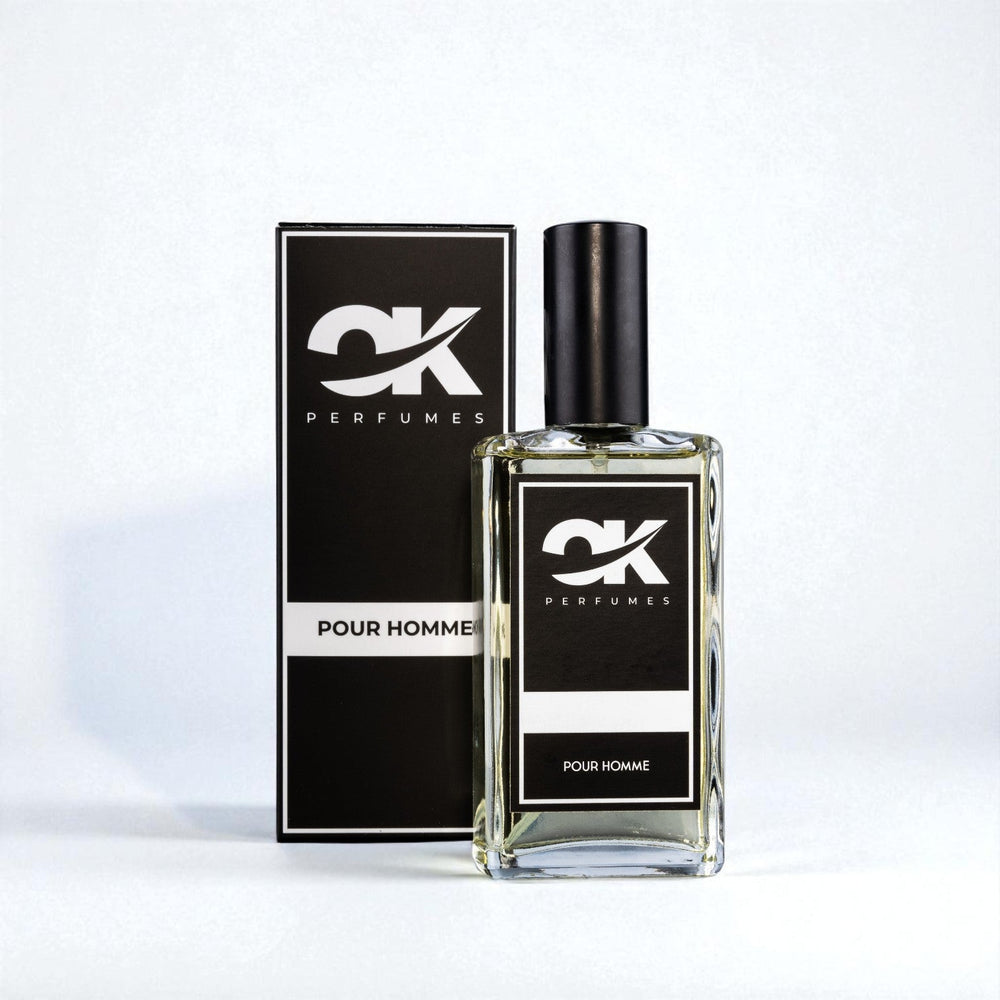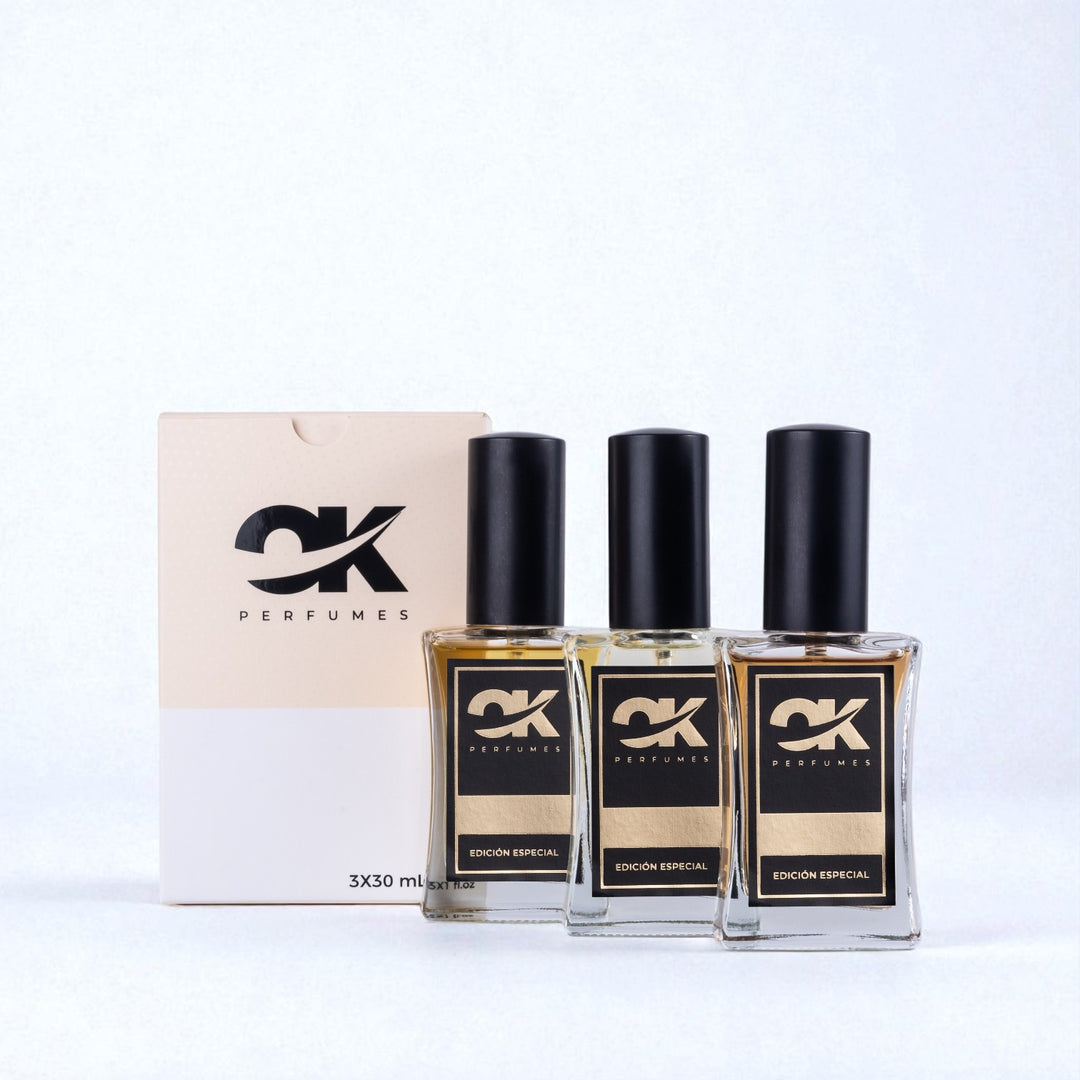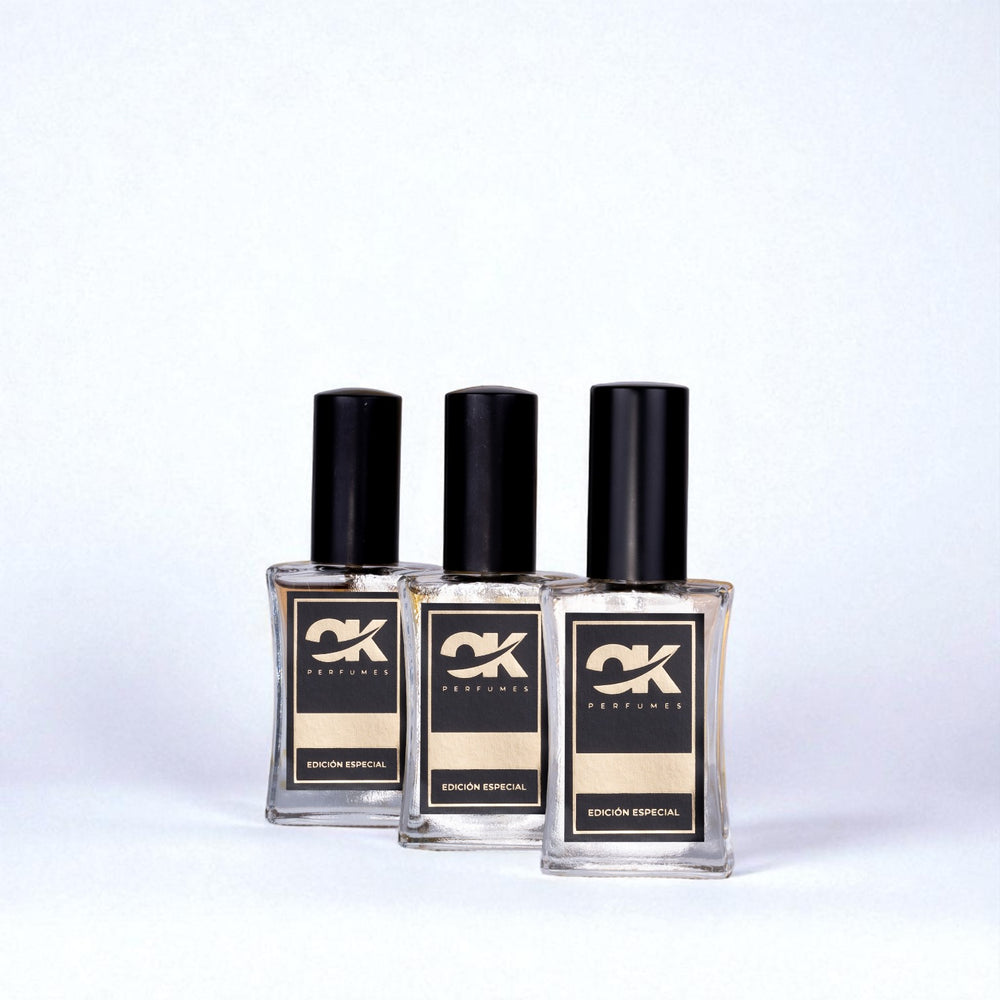The Impact of Perfumery on the Luxury Industry
Perfumery has been an integral part of the luxury industry for centuries, and its evolution has left a significant mark on the way we perceive and consume high-end products. From the most exclusive fragrances to limited editions, every aspect of perfumery is intertwined with the prestige and elegance that the brand seeks to project. In this article, we will explore the impact of perfumery on the luxury industry, analyzing its influences and trends over time.
The Evolution of Perfumery in Luxury
The relationship between perfumery and the luxury industry has existed since ancient Egypt, where fragrances were used in religious and ceremonial rituals. Over time, this tradition has transformed into a form of personal expression and a symbol of social status. Today, the creation of a BIP fragrance has become an art that combines tradition and modernity.
From Art to Industry
Today, the perfume creation process has evolved significantly. Luxury perfume houses have adopted modern technologies to develop more complex and appealing compositions. This not only improves the quality of the perfumes but also creates a unique sensory experience for consumers.
Fragrances are now considered an essential element of a luxury company's brand identity. Brands don't just sell perfumes; they create a narrative around each fragrance , which helps connect emotionally with consumers. This connection is critical to success in the luxury market.
The Power of Sensory Marketing
The luxury industry has embraced sensory marketing as a key tool to attract its target audience. The scent of a BIP fragrance plays an important role in this regard, as it can evoke memories, emotions, and even aspirations. Luxury brands often create a unique atmosphere in their stores, using the aroma of their perfumes to enrich the shopping experience.
Create Memorable Experiences
For example, some luxury perfume brands make their presence even more memorable by offering exclusive samples or holding events where customers can experience different fragrances. These experiences not only increase customer loyalty but also encourage word of mouth, a crucial aspect of luxury advertising.
The impact of perfumery on the luxury industry goes beyond the simple act of selling a product; it's about creating meaningful moments that consumers can remember and associate with the brand. Brands that understand this connection enjoy a significant competitive advantage in the saturated luxury market.
Exclusivity as a Strategy
Exclusivity is another key factor that reinforces the connection between perfumery and luxury. Perfume houses often release limited editions of their BIP fragrances, creating a sense of urgency and desire in consumers. This not only attracts collectors but also appeals to the innate human desire to own something rare and valuable.
Limited Editions and Collaborations
Collaborations between perfume brands and fashion designers are another example of how perfumery can impact the luxury industry. These synergies not only bring creativity but also reach a broader audience. When a luxury brand launches a new BIP fragrance in collaboration with a famous designer, it captures the market's attention and reinforces its prestige.
Sustainability and Ethics in Perfumery
In recent times, the luxury consumer has changed. Awareness about sustainability and ethics has grown, leading companies to reevaluate their production processes. Today, fragrance brands that adopt sustainable practices are gaining recognition and loyalty among environmentally conscious consumers.
Innovations that Attract New Generations
Fragrances that use natural ingredients, ethical production techniques, and sustainable packaging are gaining popularity. New generations are looking for more than just an attractive scent; they want to know they're supporting responsible practices. This means the luxury industry must adapt to these demands to remain relevant.
Future Trends in Luxury Perfumery
As we move into the future, it's clear that perfumery will continue to play a crucial role in the luxury industry. Emerging trends, such as the use of artificial intelligence in perfume creation and the growing interest in personalized fragrances, are revolutionizing the sector.
Personalization as the Key to Success
Personalization is at the top of contemporary trends. Consumers desire fragrances that reflect their unique personality and style. The opportunity to create an exclusive, personalized BIP fragrance not only gives the customer a sense of belonging but also strengthens their brand loyalty.
Brands that invest in tools and technologies to offer personalization options to their consumers not only satisfy a demand, but also create valuable moments that support the luxury experience.
Digital Interaction in Perfumery
The rise of e-commerce has also impacted the way luxury brands market their fragrances. Consumers are increasingly drawn to digital platforms where they can explore and discover new BIP fragrances from the comfort of their homes. Brands have made significant efforts to optimize their websites and provide detailed descriptions of the sensorial experience each fragrance offers.
Augmented Reality and Virtual Experiences
Additionally, technologies such as augmented reality are beginning to be used in the world of perfumery. This allows users to experience fragrances through virtual experiences, making it more appealing to younger generations who are naturally inclined toward technology. The key is to offer a luxurious experience packed with innovations.
The Effect of Culture and Diversity on Perfumery
Finally, the influence of cultural diversity on the luxury and perfume industry cannot be ignored. Each culture brings its own set of traditions and preferences that enrich the world of fragrances. In fact, brands that promote a variety of fragrances that reflect different cultures often find a successful niche market.
Bridging Borders Through Aroma
Globalization has made the most exotic and unique fragrances accessible to a wider audience. This openness not only enriches the product portfolio but also fosters intercultural appreciation and respect for the traditions of others. Luxury brands that integrate this diversity into their products can broaden their appeal and resonate more deeply with a global clientele.
A Luxurious Experience for the Future
Perfumery will continue to be a fundamental part of the luxury industry as it evolves. Thus, the impact of this connection will manifest itself in more innovative trends, the use of advanced technology, and a special focus on sustainability. Brands willing to adapt and evolve will be better equipped to meet changing consumer needs and stay ahead in a dynamic market.
In short, understanding the impact of perfumery on the luxury industry not only helps us appreciate the beauty of scents, but also the complexity of the strategies brands implement to attract consumers. Ultimately, the future of perfumery is full of exciting possibilities, promising a captivating sensorial journey for all luxury lovers.




